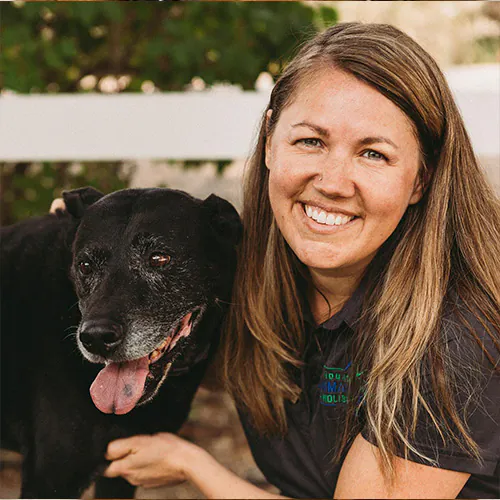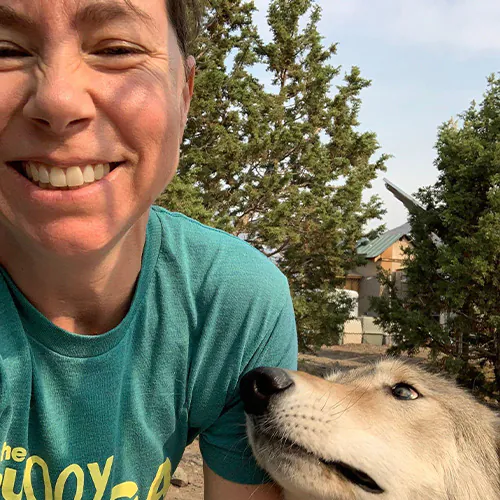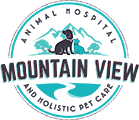When your beloved pet suddenly starts limping or shows reluctance to bear weight on their hind leg, a cranial cruciate ligament (CCL) injury may be the culprit. This common orthopedic condition affects thousands of dogs each year and can significantly impact your pet’s mobility and quality of life if left untreated.
At Mountain View Animal Hospital & Holistic Pet Care, our experienced team combines advanced surgical techniques with holistic approaches to provide comprehensive solutions for CCL repair. Our Fear-Free, Feline-Friendly environment ensures your pet receives compassionate care throughout their healing journey on our beautiful 3-acre property in Nevada.
What Is a Cranial Cruciate Ligament Injury in Dogs?
The cranial cruciate ligament functions similarly to the anterior cruciate ligament (ACL) in humans, providing crucial stability to the knee joint. When this ligament tears or ruptures, it creates instability that leads to pain, swelling, and difficulty walking. Unlike human ACL injuries that often result from acute trauma, CCL injuries in dogs frequently develop gradually due to degenerative changes in the ligament over time.
Several factors contribute to CCL injuries in canines. Age-related degeneration weakens the ligament structure, making older dogs particularly susceptible to injury. Obesity places additional stress on the joint, accelerating wear and deterioration. Large-breed dogs face a higher risk due to their size and activity levels, although smaller breeds can also experience CCL injuries.
Common Signs Your Pet May Need CCL Repair
Recognition of early symptoms enables prompt intervention and improved outcomes. Dogs with CCL injuries typically display a characteristic lameness that may worsen after periods of rest or following exercise.
Surgical Treatment Options
Several surgical approaches exist for CCL repair, each with specific advantages depending on your pet’s size, age, and activity level. The choice of procedure influences recovery time and long-term joint health.
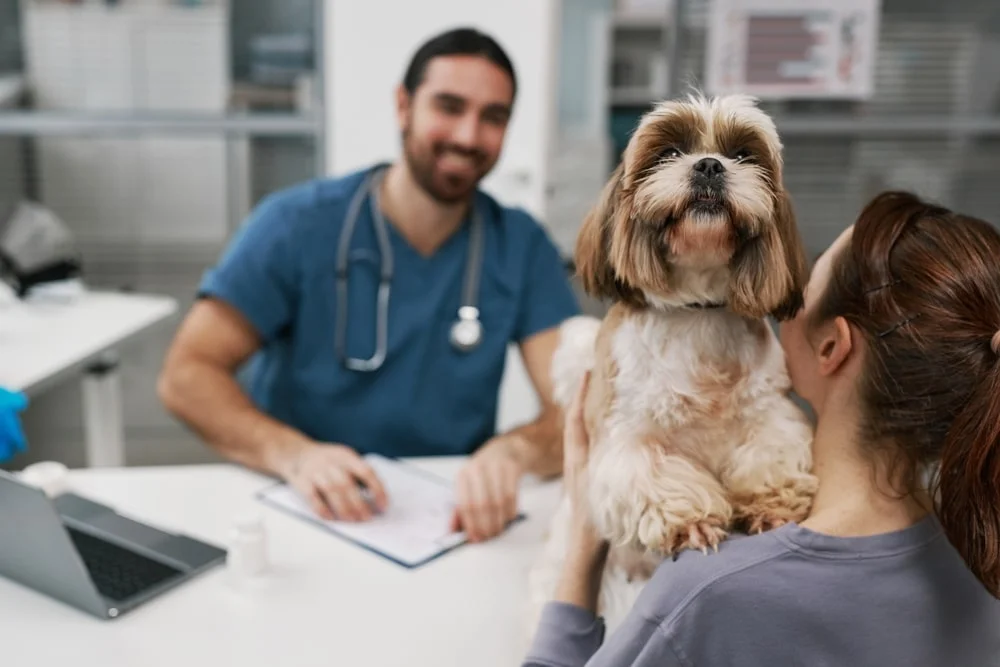
How Does CCL Surgery Work for Different Dog Breeds?
Surgical planning varies significantly based on your dog’s characteristics. Large breed dogs often require more robust stabilization techniques due to the increased forces acting on their joints. Small to medium-sized dogs may benefit from approaches that consider their lighter body weight and joint mechanics.
Why Prompt Surgery Matters for CCL Injuries
Timing plays a vital role in long-term joint health. Early surgical intervention can help with the following:
- Minimize cartilage damage
- Lower the risk of meniscal tears
- Reduce the chances of long-term arthritis
Delaying treatment may result in more complex procedures and a slower recovery.
Recovery Considerations for Different Breeds
Post-surgical rehabilitation protocols differ among breeds and individual patients. Large-breed dogs typically require more extended recovery periods and more intensive physical therapy programs. Smaller dogs may recover more quickly, but they still need careful monitoring to prevent reinjury during the healing process.
What to Expect During Your Pet’s CCL Recovery
The recovery process following CCL repair involves multiple phases, each requiring specific care and attention. Understanding these stages helps you provide optimal support for your pet’s healing journey, ensuring the best possible outcome.
Immediate post-operative care focuses on pain management and incision monitoring. Your pet will require restricted activity during the initial healing period, which typically lasts several weeks. A gradual return to normal activity levels occurs over the subsequent months, guided by your veterinarian’s recommendations and your pet’s progress.
Holistic Support During Recovery
Our integrative approach to CCL recovery incorporates both traditional veterinary care and holistic therapies. These complementary treatments help reduce inflammation, promote healing, and improve overall comfort during the recovery process. Physical therapy, acupuncture, and nutritional support can enhance traditional surgical outcomes.
Recovery Timeline for CCL Repair
The recovery timeline varies among individual patients, but most dogs show significant improvement within 8 to 12 weeks following surgery. Some pets may require additional time to recover fully, particularly those with pre-existing joint conditions or concurrent injuries.
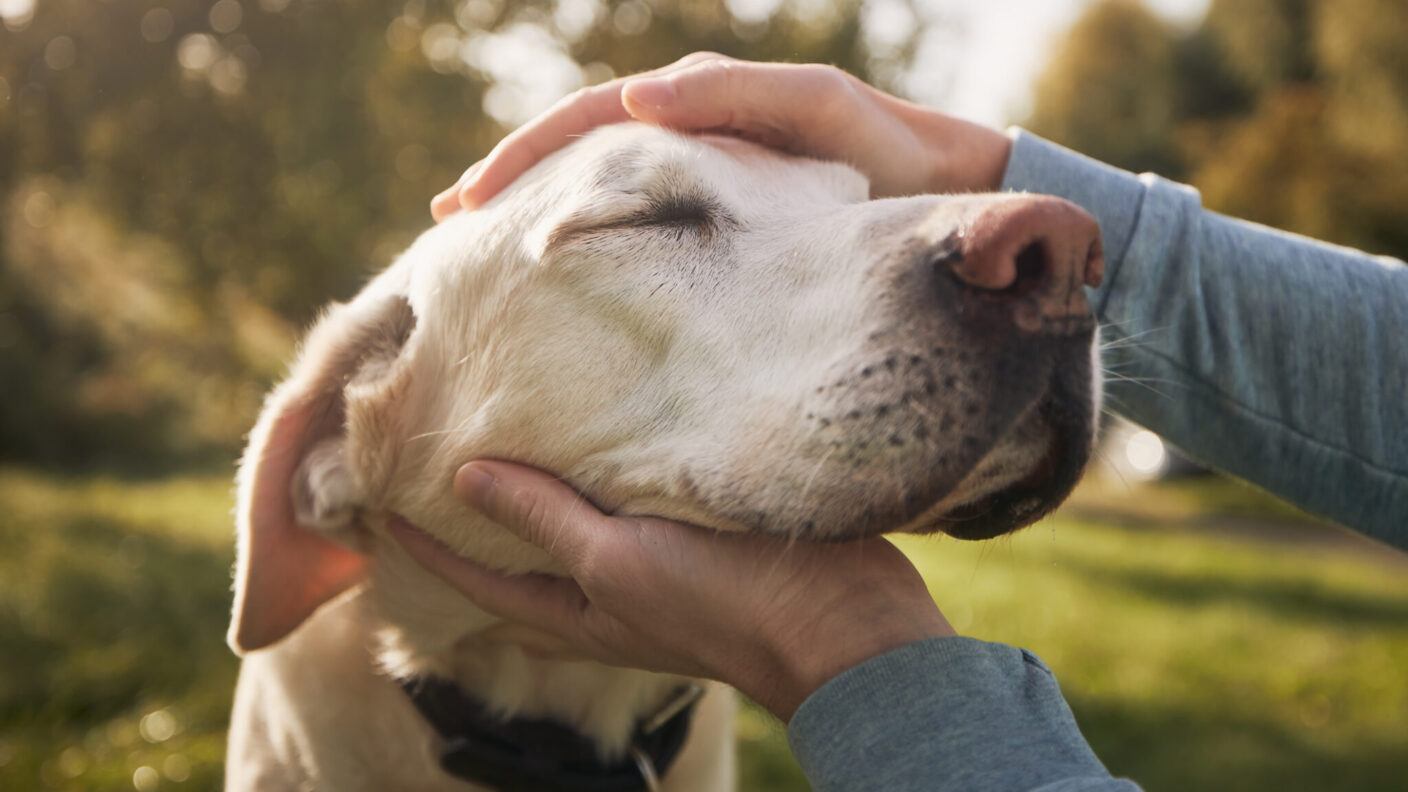
How Can You Prevent Your Dog From Experiencing Future CCL Injuries?
Preventing your pet from experiencing a CCL injury starts with joint protection and overall wellness. Simple adjustments to your pet’s daily care can make a lasting difference in their orthopedic health.
Key tips to prevent your dog from experiencing a CCL injury include:
- Maintaining a healthy weight: Extra pounds add stress to joints and ligaments
- Providing consistent exercise: Controlled, low-impact activity builds muscle strength and flexibility
- Using supplements cautiously: Glucosamine, chondroitin, and omega-3 fatty acids may support joint health
- Creating a safe environment: Non-slip flooring and gradual changes in movement reduce the risk of injury
- Scheduling regular checkups: Veterinary visits allow early detection of joint issues before they worsen
For more information, resources from the American College of Veterinary Surgeons offer valuable insights into orthopedic care.
Schedule a Consultation for Your Pet’s CCL Surgery in Nevada Today
Cranial cruciate ligament injuries represent severe orthopedic conditions requiring prompt professional attention and comprehensive treatment planning. Early recognition of symptoms, prompt surgical intervention, and dedicated post-operative care all contribute to successful outcomes and a return to normal function for affected pets.
If you suspect your pet may have a CCL injury or would like to discuss prevention strategies, please call Mountain View Animal Hospital & Holistic Pet Care at (775) 853-6900 or request an appointment to schedule a consultation. Our AAHA-accredited hospital combines advanced surgical techniques with compassionate, holistic care to help your pet achieve optimal recovery and long-term joint health.
Animal Emergency Center
6425 S. Virginia St,
Reno, NV 89511
Blue Pearl Pet Hospital
555 Morrill Ave,
Reno, NV 89512
During our regular business hours, we are here to perform all follow-up care for your pet. If your pet is currently receiving care from or has recently been to the emergency center, please let us know so we can ensure all medical records and case information is made available to our team to ensure the highest quality of post-emergency treatment for your pet.
Animal Emergency Center
6425 S. Virginia St,
Reno, NV 89511
Blue Pearl Pet Hospital
During our regular business hours, we are here to perform all follow-up care for your pet. If your pet is currently receiving care from or has recently been to the emergency center, please let us know so we can ensure all medical records and case information is made available to our team to ensure the highest quality of post-emergency treatment for your pet.




